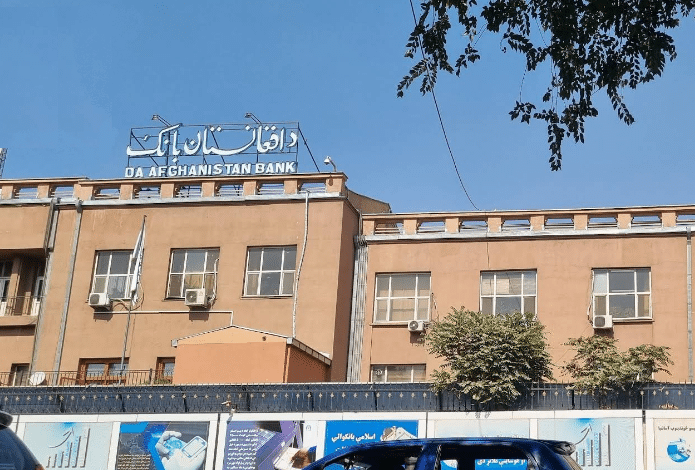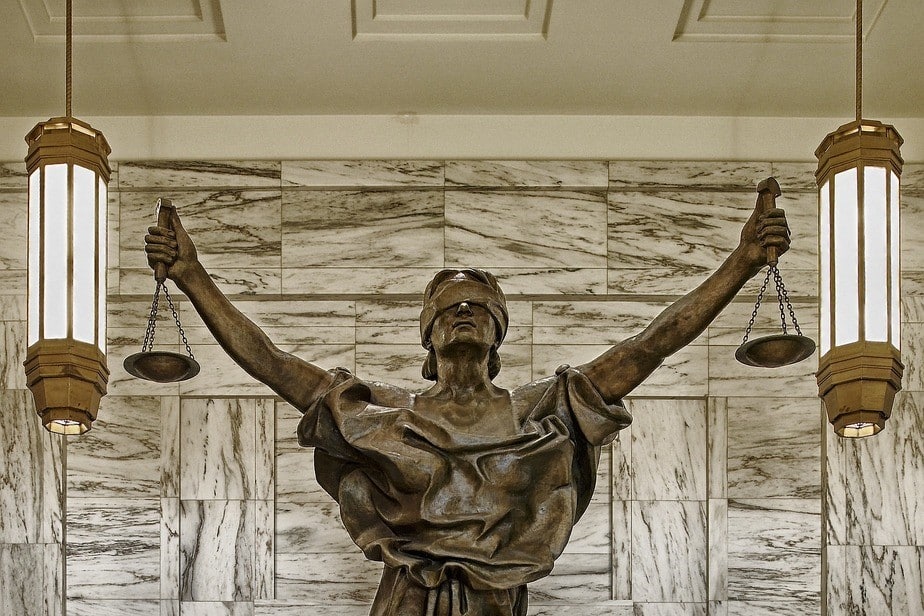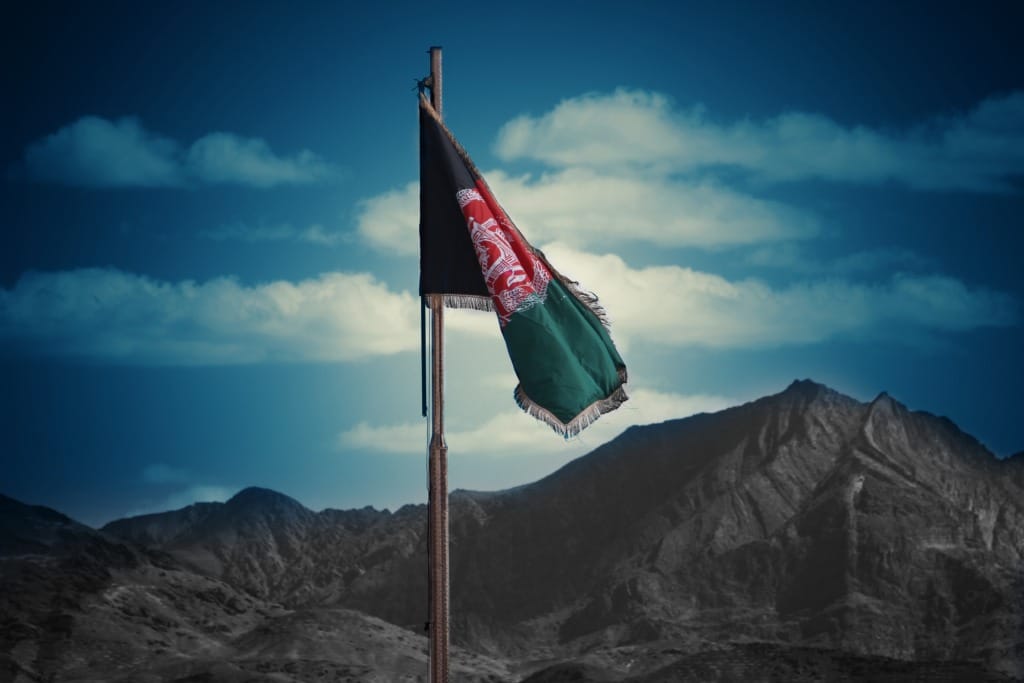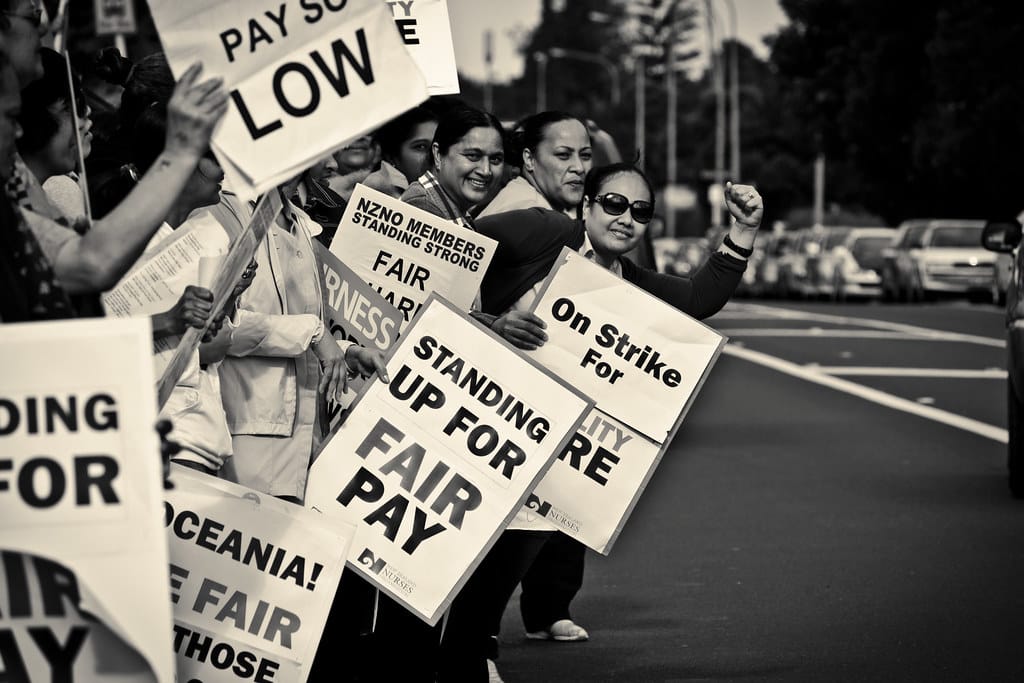Havlish v. Taliban—Second Circuit Affirms that Afghanistan Central Bank Assets are Immune from Attachment
The Second Circuit has finally decided whether frozen Afghan central bank assets can be attached or turned over to satisfy judgments against the Taliban for acts of terrorism against U.S. citizens. The court answered “no” in Havlish v. Taliban over one partial dissent. The case presents complex and important issues, and although both the majority…
Continue ReadingFederal Circuit Revives Afghanistan Lease Dispute
In a recent decision, Lessors of Abchakan Village v. Secretary of Defense, the Federal Circuit reversed the Armed Services Board of Contract Appeals (the “Board”) and revived a claim by Afghan villagers for $28 million in unpaid rent on a lease for a U.S. military base. Whether the villagers or the Government of Afghanistan owned…
Continue ReadingMore Choice of Law in Terrorism Cases
The U.S. District Court for the District of Columbia (DDC) hears a lot of state-sponsored terrorism cases. The plaintiffs in these cases typically assert a cause of action under 28 U.S.C. § 1605A(c). This action is, however, only available to individuals who are either (1) a U.S. national, (2) a U.S. servicemember, (3) a U.S….
Continue ReadingChoice of Law in Terrorism Cases
The U.S. District Court for the District of Columbia (DDC) is routinely called upon to adjudicate civil cases where plaintiffs bring claims against foreign sovereigns on behalf of themselves or relatives who were killed or injured in terrorist attacks overseas. If the plaintiff is neither a U.S. national, a U.S. servicemember, a U.S. government employee,…
Continue ReadingInconvenience, Forum Selection Clauses, and Afghanistan
The U.S. Supreme Court has long held that a forum selection clause should not be enforced when “trial in the contractual forum will be so gravely difficult and inconvenient” that the plaintiff “will for all practical purposes be deprived of his day in court.” In announcing this rule, the Court recognized that a legal right…
Continue ReadingThe Need for Greater Immunity from Execution for Central Banks: The Case of Da Afghanistan Bank
Central banks play a crucial role in the global economy. They are responsible for managing monetary policy, regulating financial institutions, maintaining financial stability, and ensuring that a country’s monetary policy aligns with its economic goals. Because of their essential role in the economy, and the sovereign functions that they perform, central banks should have a…
Continue ReadingDistrict Court Refuses to Let 9/11 Plaintiffs Have Afghan Central Bank Assets
The District Court for the Southern District of New York (Judge George Daniels) has denied the turnover motions filed by judgment creditors against assets of Da Afghanistan Bank (“DAB”) that are held at the Federal Reserve Bank of New York (“FRBNY”). Judge Daniels’ order and decision, issued on February 21, 2023, adopted the report and…
Continue ReadingCentral Bank Immunity, Afghanistan, and Judgments Against the Taliban
International law and U.S. foreign policy provide powerful reasons to require clearer direction from the political branches before ordering the turnover of Afghan central bank assets to U.S. judgment creditors. [This post also appears on Lawfare]. Afghan central bank assets in the United States were frozen by President Biden following the Taliban’s takeover of the…
Continue ReadingThe Extraterritorial Application of State Wage and Hour Laws
Many U.S. states have enacted wage and hour laws. These laws generally set a minimum wage and require employers to pay overtime. When a company headquartered in one state hires an employee to perform work in a foreign country, however, it is not always clear which jurisdiction’s laws will apply. Is the payment of wages…
Continue Reading





